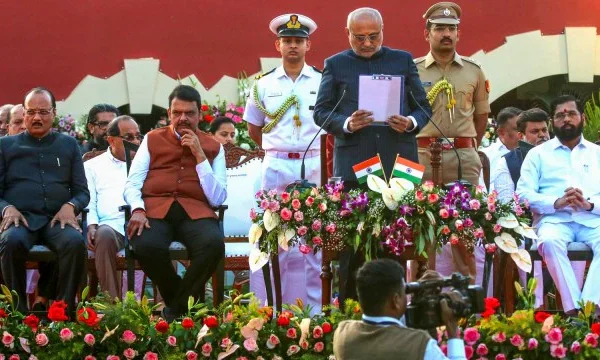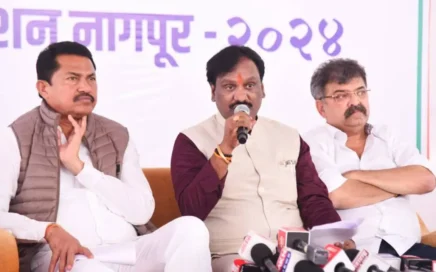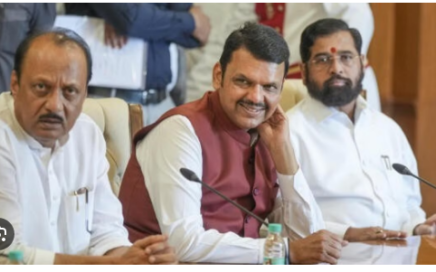Nagpur: The Sunday Cabinet expansion led by Maharashtra Chief Minister Devendra Fadnavis appears to be a meticulously crafted exercise to reflect the diverse mandate received by the Mahayuti Government. The new Cabinet promises a fine balance of regional representation, gender inclusivity, and social equilibrium, with a noteworthy focus on both OBC and Maratha communities.
Sources close to the development noted that the inclusion of key names and the exclusion of some expected contenders reveal the influence of central leadership in the decision-making process. “Fadnavis’s authority seems to have been partially curtailed,” a source remarked, pointing out the unexpected omission of Ravindra Chavan, a trusted lieutenant of Fadnavis who played a pivotal role in the Konkan region during the Assembly elections.
Key appointments and surprises
Among the highlights is the inclusion of state BJP chief Chandrashekhar Bawankule and senior leader Ashish Shelar, signalling a reward for loyalty and consistent service. The addition of Nitesh Rane to the cabinet indicates a strategic focus on Hindutva and regional consolidation in the Konkan, where the Eknath Shinde-led Shiv Sena holds significant sway.
Meanwhile, Pankaja Munde’s induction comes against the backdrop of sharp social equations in Marathwada, especially between the VJNT (Vimukta Jati and Nomadic Tribes) community and Marathas. To further appease the influential Maratha community, Shivendra Raje Bhosale– a descendant of Chhatrapati Shivaji Maharaj– and Chandrakant Patil were brought in.
For the tribal representation, BJP moved beyond its traditional strongholds of Nandurbar and Palghar to select Ashok Uike from Yavatmal, signalling an effort to broaden its appeal in Vidarbha. However, the absence of representation from Amravati and Washim has raised eyebrows among political observers.
Strategic implications
A political analyst interpreted the selections as a message of encouragement for party workers. “The induction of hard-working leaders like Bawankule and Shelar shows that the party values grassroots commitment. Meanwhile, figures like Girish Mahajan, a close confidant of Fadnavis, have been strategically positioned to balance internal equations,” he said.
The central leadership’s influence is evident in the inclusion of Chandrakant Patil and Ashish Shelar, both perceived as close to Union Home Minister Amit Shah. In contrast, regional heavyweights like Chavan found themselves sidelined.
Looking ahead
The cabinet, with its well-rounded representation from various regions, is expected to play a critical role in the upcoming local body elections. “Ministers will likely be tasked with spearheading election campaigns in their respective regions, ensuring the Mahayuti coalition’s dominance,” a party insider revealed.
This strategic expansion sets the stage for BJP to consolidate its base across Maharashtra while simultaneously addressing regional aspirations and community dynamics. However, the political implications of some exclusions may linger, providing an intriguing subplot in the state’s evolving power dynamics.















